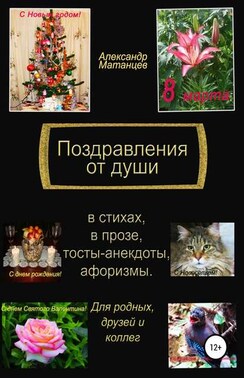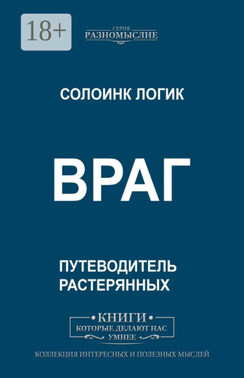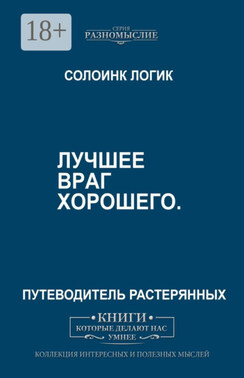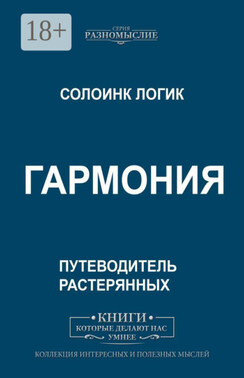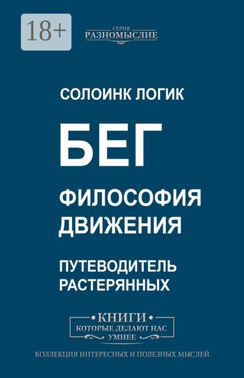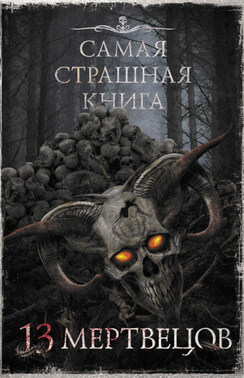
Аннотация
Книга "Разномыслие" автора Солоинка представляет собой глубокое философское размышление о поисках истины в условиях современного мира, насыщенном противоречиями и сложными концепциями. В предисловии Солоинк обращает внимание на важность духовного поиска, подчеркивая, что читатель, открывая книгу, вступает в путь к познанию и осмыслению реальности. Он заявляет, что учебный материал книги способен обучить быстрому восприятию информации и извлечению уроков из многообразия мировоззрений.
Одной из ключевых концептов "Разномыслия" является совместимость лжи и правды. Солоинк утверждает, что перспектива абсолютной истины становится менее актуальной в условиях сложного и многогранного мира. Вместо этого автор предлагает рассматривать каждую идею, каждое убеждение как часть более обширной конструкции, состоящей из 48,000 оттенков правды. Этот метод позволяет читателям формировать свои собственные интерпретации, оказываясь, таким образом, вне жесткой структурной зависимости. Книга представлена как свободный и творческий поток мыслей, который соответствует хаотичной природе жизни.
Важным аспектом книги является идея парадоксальности жизни, где порядок и хаос существуют одновременно. Солоинк предлагает принять эту двойственность, поскольку именно в ней можно найти глубокие смыслы. Он утверждает, что разномыслие, как форма свободы слова, позволяет множеству мнений сталкиваться и взаимодействовать, что в конечном итоге ведет к возникновению новых идей и возможно более глубокому пониманию истины.
Central to the narrative is the metaphor of the "squirrel in the wheel," which symbolizes the human condition of being trapped in repetitive cycles of stress and despair. The squirrel is depicted as endlessly running not merely out of fear, but in pursuit of a true essence that remains elusive. This character represents self-neglect and an inability to confront reality, leading to a profound sense of emptiness. The squirrel’s attempts to escape only deepen its suffering, revealing a flawed perception that links love with possession rather than true being.
A crucial theme in this metaphor is the acknowledgment of the absence of happiness in the squirrel's life; it yearns for fulfillment but cannot step out of the endless loop until it grasps its true self. Soloink emphasizes the significance of self-awareness and understanding one's true values. The path to happiness, according to the author, requires recognizing and embracing one’s nature, leaving behind the futile chase for external validation and superficial success.
The book also delves into broader philosophical reflections on the modern human condition, paralleling the squirrel’s plight with individuals who become lost in their own delusions, ignoring the potential for spiritual growth. Life is presented as a game, and understanding the direction and purpose of one’s journey is deemed essential. Without this awareness, individuals, much like the squirrel relentless in its spinning, may labor endlessly within the confines of their illusions without recognizing their true resources or the genuine components of happiness.
The metaphor of the "squirrel in the wheel" serves as a powerful illustration of the human tendency to become ensnared in personal struggles, emotional crises, and the search for life’s meaning. Depression is depicted as a "wheel of pity," suggesting that individuals run tirelessly, trapped within their own thoughts and emotional turmoil. Through the lens of the squirrel, Soloink articulates the burden of unrelenting worry and insecurity that plagues many, emphasizing the importance of self-discovery in breaking free from mental constraints.
Moreover, the author stresses that the squirrel does not recognize its true desires. Instead of finding joy in personal development or in savoring the process of life, it chases unattainable ideals of happiness and freedom. The text suggests that love and humility can be pivotal in liberating individuals from depression, as they can restore one's ability to feel grounded and fully experience each moment. Soloink posits that only by embracing life as a game and learning to derive joy from the journey can one escape the maddening cycle of aimless running.
The discussion culminates in the exploration of internal honesty and the quest for one's authentic "self." Individuals, much like the squirrel, often lose touch with their true selves, resulting in chronic insecurity and neuroses. The narrative includes comparisons to a lost genie, illustrating how individuals can become prisoners of their own minds, reinforcing the need to confront reality rather than flee from it. In essence, the text conveys philosophical considerations on the importance of self-realization, humility, and love as means of breaking free from the confines of depression and pessimism, advocating for a path that leads beyond illusions toward a more profound understanding of life.
Through its compelling metaphors and theoretical frameworks, "Разномыслие" invites readers to reflect on their existence, challenge their perceptions, and seek a more nuanced understanding of truth in a world rich with complexity and contradiction.



